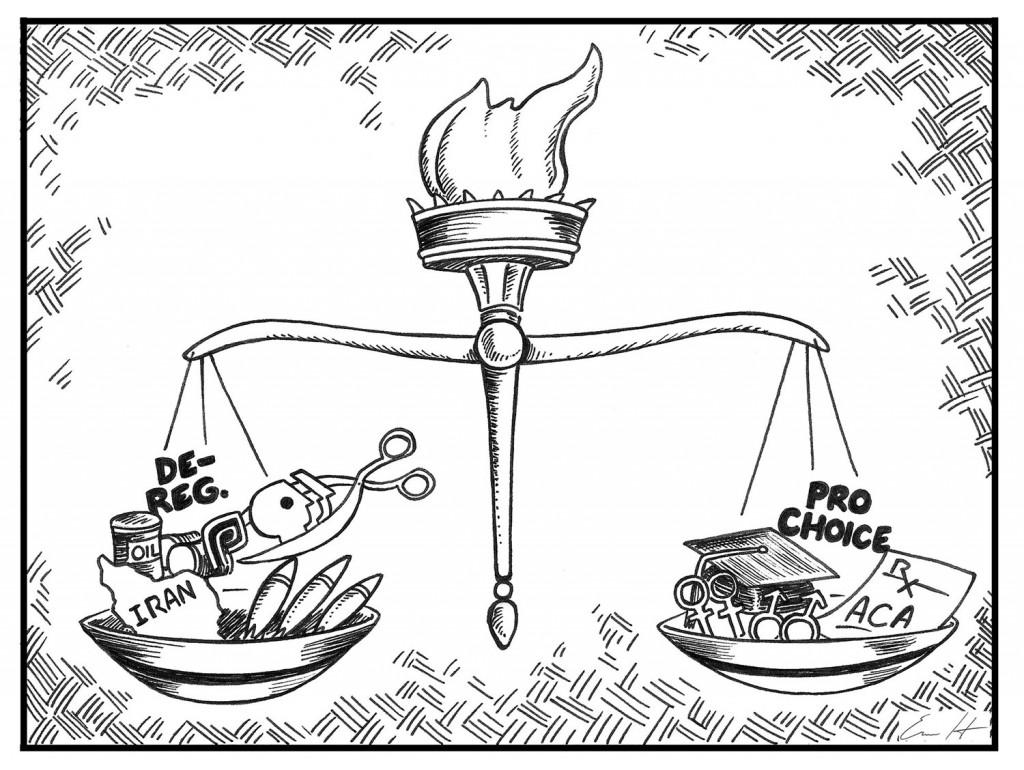Money should be spent based on prioritized goals, not on impulses, NE Campus students were told Oct. 17.
The presenter of Financial Literacy, coordinator of special services Rosemarie Hammon, used her own student experience as an example.
“I got grants and loans and what did I do?” she said. “I bought a new bedspread, and I didn’t realize till the end that ‘Oh my gosh, I don’t have enough money for my books.’ So set your money aside and allot it for your education, and don’t let the temptations get to you.”
Hammon then told students how to set long-term goals for themselves properly. She handed out yellow sheets of paper labeled “My Goals” and asked students to fill them out.
She then turned to behavioral goals, sharing with attendees how to set and reach the best spending goals by observing two key rules: carrying only limited amounts of cash and using credit cards only for major expenditures. Those charges should have a future benefit, such as college tuition and books, she said.
According to the Consumer Federation of America, students should save $1,500 to $2,000 each year to meet emergency situations, Hammon said.
— Anderson Coleman




























